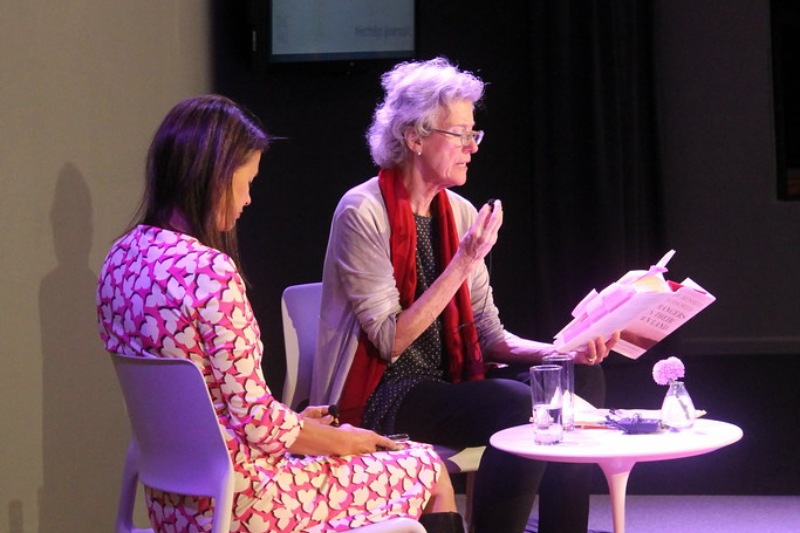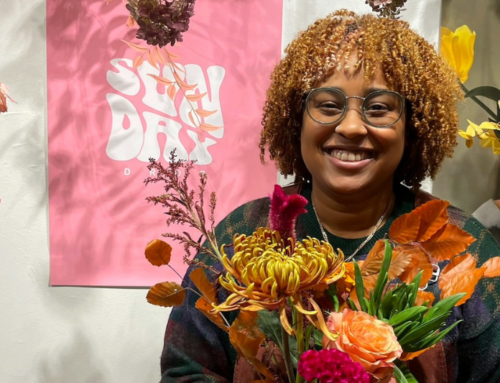It is 2020…100 years of women voting in this country. As we look back to notable moments like this in history, we celebrate women leaders and acknowledge that the path to gender equality has not been inclusive and we are still on it. For that reason, the Change Matrix team is beginning a series of personal essays about women. They might be women we know who were models or mentors and influenced us as professionals. They might be women whose work we have loved and integrated into our own. They might be about our identification as women through a cultural lens.
KRISTIN
Arlie Hochschild is an American writer and professor emeritus of sociology at UC Berkley, most known for her recent publication: Strangers in their own Land: Anger and Mourning on the American Right. Her book follows her deep ethnographical study as she lived in southern Louisiana for five years engaging with Tea Party voters to better understand their perspectives, especially around this perceived political conundrum: they understand that the chemical and oil companies have destroyed their environment and sometimes their lives, but they remain ardent defenders of free market capitalism.
This book shifted many of my political views in the years since the 2016 election, especially in terms of seeing things from another viewpoint. Growing up in very conservative Oklahoma, many of the people Hochschild writes about from Louisiana in her book remind me of much of my upbringing and viewpoints I am very familiar with – passionately kind, ceaselessly committed to community and family values, and very put off by government encroaching upon personal and professional livelihoods. Still, Hochschild, herself a ‘typical liberal’ from Berkley, immerses herself into their world to better understand what she calls the ‘deep story’ of her fellow Americans. She eloquently traces the nuances of folks’ beliefs, debunking typical reports of ‘the right’ that are limiting, judgmental, and paint a picture of strictly red vs. blue without nod to the vast land in between. Her book and subsequent speeches about it have inspired me to remember my own roots, recall viewpoints I’m not exposed to as much anymore now living in Colorado, and most of all to remember the utmost value to listen to each other and better understand.
Arlie inspires me as a sociologist, and especially with her fascination for how people spend their lives and make their decisions. She approaches this with empathy and an open ear, rather than a predetermined agenda to tell a story about others. Her book was timely in 2016, and remains so as we face a pandemic that is already starting to be reported on in a strictly red/blue divide. Now more than ever, she and her book are a reminder to me to keep listening, keep empathy and humility at the forefront, and remember that better understanding would benefit us all.




